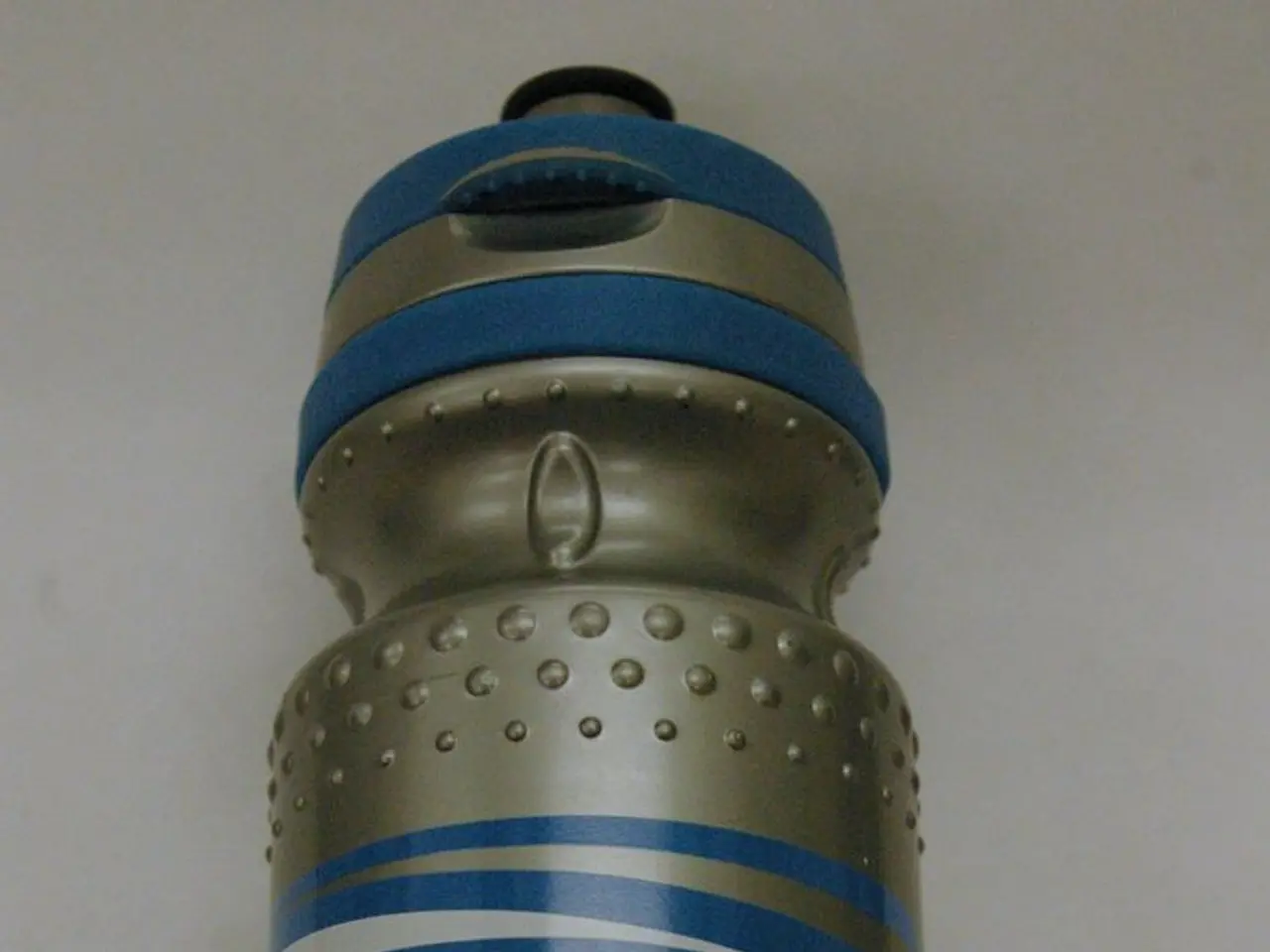Enhanced Funding Advances Efforts to Revamp Therapeutic Approaches for Uncommon Brain-related Disorders
The University of Rochester Medical Center (URMC) has been awarded a significant boost in its mission to advance neurological research, thanks to a new funding of $5.7 million. This grant, which focuses on projects that accelerate the study and approval of gene therapies, increase diversity in clinical trial participation, and train the next generation of clinical researchers, marks a significant milestone in the Centre's ongoing efforts.
URMC is one of the clinical trial sites and contributors within the National Institute of Neurological Disorders and Stroke's (NINDS) Network for Excellence in Neuroscience Clinical Trials (NeuroNEXT). This network is designed to facilitate and expedite early-phase neuroscience clinical trials by providing infrastructure, standardized protocols, and collaborative resources. URMC’s role likely includes conducting clinical research trials in neurological disorders, enrolling patients, collecting data, and collaborating on trial design and execution under the NeuroNEXT framework.
The Medical Center is home to three NINDS-funded Clinical Trial Readiness projects for facioscapulohumeral dystrophy, inherited neuropathies, and Batten's disease. Robert Holloway, MD, MPH, serves as the principal investigator of the Rochester site, which is named UR-NEXT. Emma Ciafaloni, MD, Jennifer Vermillion, MD, and Charles White are co-investigators for UR-NEXT.
The Centre for Health + Technology (CHeT) and Clinical Trials Coordination Center at the University of Rochester (UR) has managed over 100 multi-center clinical research studies and participated in the development of nine FDA-approved compounds. The Center for Health + Technology researchers are leaders in harnessing digital tools to allow volunteers to participate in clinical trials remotely and the development of patient-reported outcome measures, particularly for rare diseases.
The new funding will enable the University of Rochester team to continue its outreach efforts in the Rochester and rare disease communities to build trust and empowerment. The University of Rochester Medical Center is also home to several patient registries for rare diseases.
The Department of Neurology at the University of Rochester has a leading role in clinical research involving gene therapies for Batten disease, spinal muscular atrophy, Duchenne muscular dystrophy, and myotonic dystrophy. In 2020, the UR became one of 16 National Institute of Child Health and Human Development-designated Intellectual and Developmental Disabilities Research Center.
The field of neurology is undergoing a transformation due to new gene therapies that address the underlying genetic mechanisms of diseases. URMC is poised to help accelerate the development of these drugs by overcoming recruitment and retention barriers associated with rare diseases. Researchers at the University of Rochester Medical Center aim to measure the impact of treatments based on outcomes that are important to patients and their families.
Christine Annis is the program coordinator for UR-NEXT at the University of Rochester Medical Center. In 2019, the Department of Neurology at the University of Rochester hired White, a community engagement specialist, to support efforts aimed at building local partnerships to improve care, wellness, and education. The Department of Neurology's NINDS T32 Postdoctoral Training Program in Experimental Therapeutics has been continuously funded for the past 32 years.
In conclusion, the University of Rochester Medical Center's latest funding boost underscores its commitment to advancing neurological research, particularly in the realm of gene therapies for rare diseases. With its extensive experience in clinical trials and patient-centric approach, URMC is well-positioned to contribute significantly to the field of neurology's ongoing transformation.
- The University of Rochester Medical Center, through its role in the NeuroNEXT network, conducts clinical research trials in neurological disorders and collaborates on trial design and execution, focusing on gene therapies, medical-conditions like facioscapulohumeral dystrophy, inherited neuropathies, and Batten's disease.
- The University of Rochester's Centre for Health + Technology is pioneering patient-centered research in health-and-wellness, developing digital tools for remote clinical trial participation, especially for rare diseases, and patient-reported outcome measures.
- With the new funding, the University of Rochester Medical Center aims to measure the impact of treatments for neurological disorders based on outcomes that are crucial to patients and their families, contributing to the transformation of the neurology field through innovations in therapies-and-treatments like gene therapies for rare diseases.




